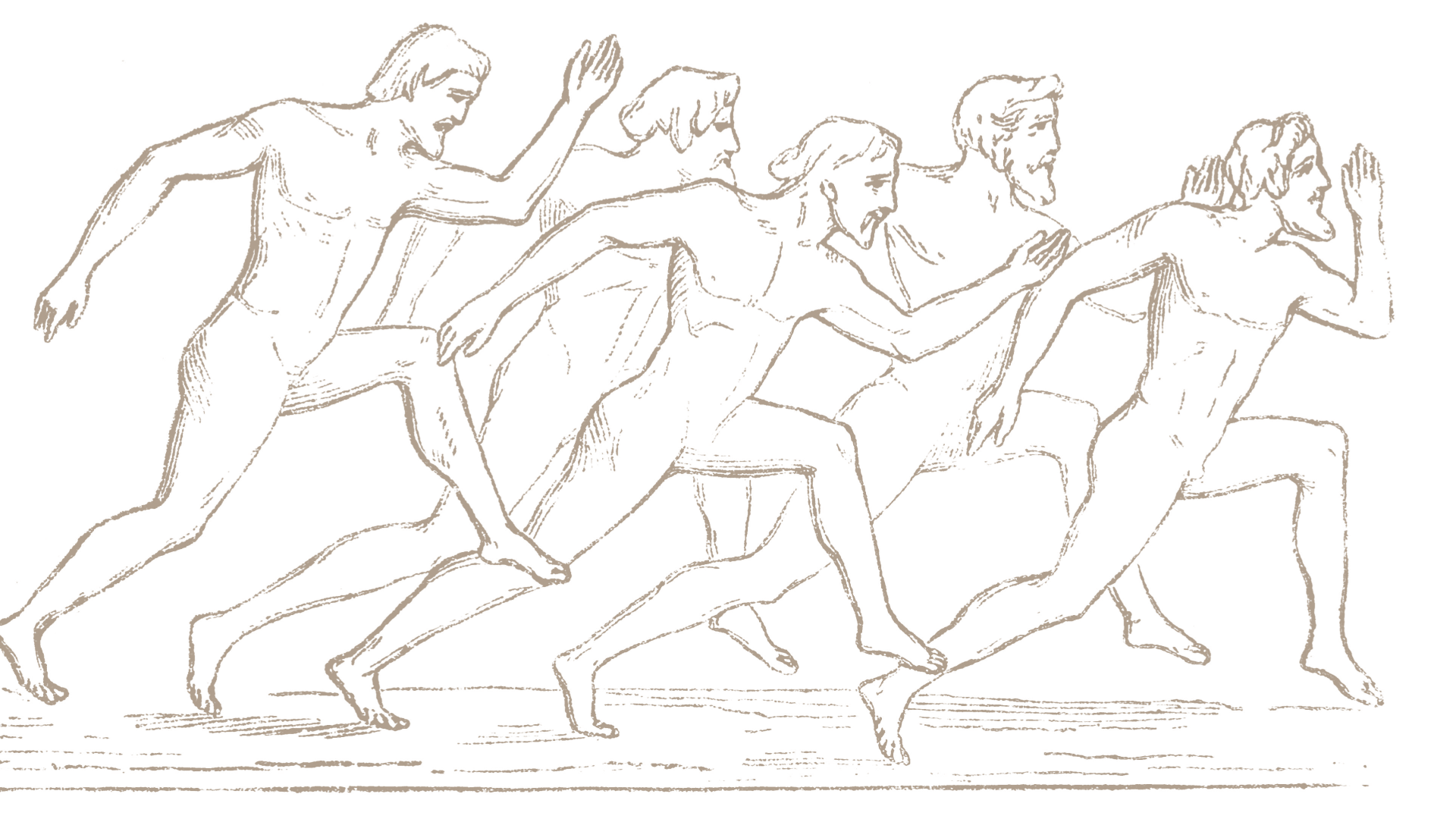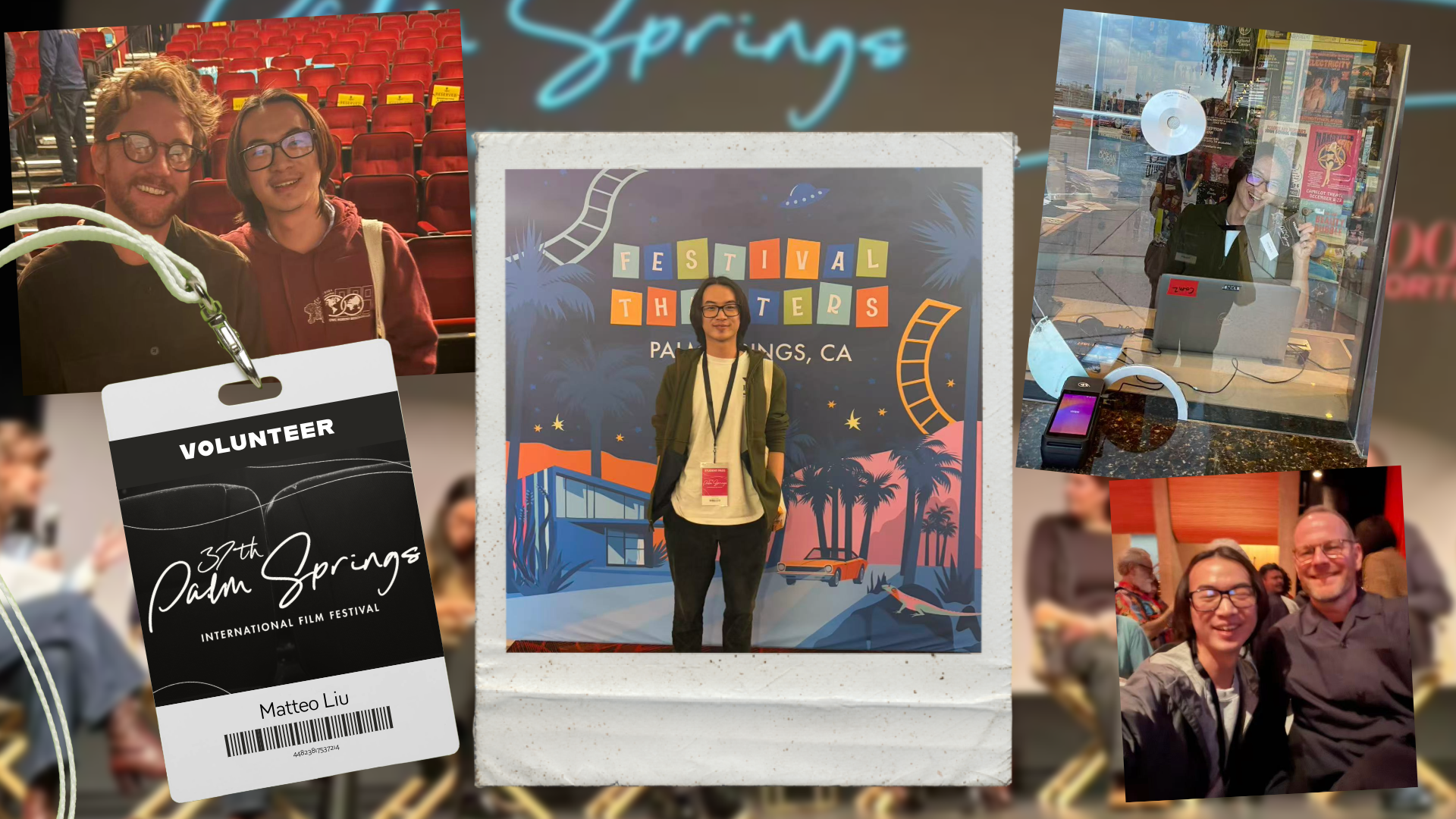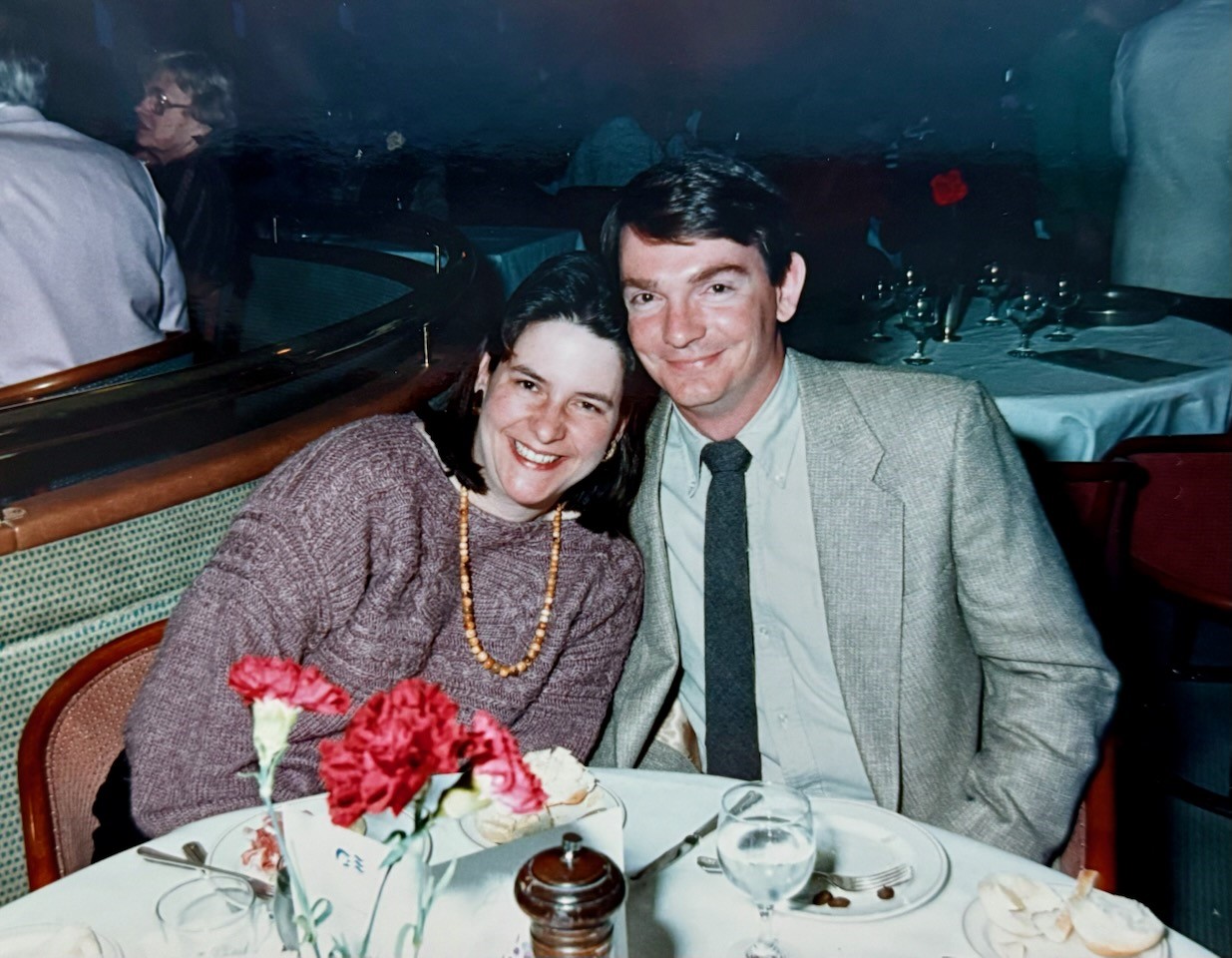Journalist Zach Fannin Goes ‘Inside Putin’s Russia’
October 15, 2018
Join the Dean Rusk International Studies Program for an inside look at Putin's Russia with freelance producer, editor and cameraperson Zach Fannin. The free public lecture will take place from 7-8 p.m., Tuesday, Oct. 16, in the Alvarez College Union Smith 900 Room. Tickets are not required.
Fannin's five-part PBS NewsHour series "Inside Putin's Russia" won a Peabody Award in early 2018. He has covered stories all over the globe, often from hostile regions that do not host U.S.-based news organizations. Fannin's work has appeared on outlets including Vice News, MSNBC, Bloomberg TV and The Daily Beast. He is a recipient of the Edward R. Murrow Award and an Alfred I. duPont Award.
Here, Fannin offers insight into the Russia of today.
Why do Americans have so much difficulty understanding contemporary Russia?
If you grew up in the 1980s, the potential of a nuclear situation happening with the Soviet Union -- total annihilation -- was hanging over everything. There was so much media that played into the fears that America had, movies like "Red Dawn." If you grew up in the 1990s, suddenly Russia is no longer this massive threat...you don't have, in the reaches of your mind, this climate of fear. But from Putin's point of view, Russia being on the world stage, throwing its weight around...that's glorious Russia and what he wants, so we have swung back to a more threatening relationship.
Is Putin's rise a natural cycle in politics, a reaction?
That depends on who you ask. If you go back before the Soviet Union to the Czars and, then, on to Stalin...there has been precedent in Russia of a strong man running things for as long as they've been keeping record. The Putin line, the party line, is that we tried not to have strongmen [under Yeltsin] and everything fell apart. Everyone who runs that place says democracy doesn't actually exist. All you can offer is strong leadership. But you see cracks in that, such as the rise of [Putin critic and activist] Alexei Navalny, who has campaigned on the argument that Putin and all of his inner circle are corrupt. The 20-year-olds who support Navalny and work for him would say "no."
In the Soviet days, you felt the oppression of the government in daily life. Is that true now?
Russia is loaded with contradictions. On your phone, on your computer, you can visit every website. You can read the "New York Times" every day. You can see every piece of media critical of Putin. But fear of the state has more power than the media that criticizes the state. It is believed by many, many Russians that the "New York Times" promotes the U.S. agenda, and they don't want to support Putin and want to make him look bad. We talked to lots of people who said, ‘We don't have any problems with people who are Americans but understand that our governments don't get along,'...then privately, they'll say, ‘We don't really have the right to vote, so you can't really blame us for the government.'
Do many Americans see Putin as non-threatening purely because of our own internal politics?
A lot of America views Russia only as a political football these days. If you're a pro-Trump person, Russia is used as a reason to make Trump look bad. At the end of the day, Russia is a big, complicated place. What they're doing with the United States right now fits the bill of how they have been operating for a long, long time. Thirty years ago, they put forward a disinformation campaign that the United States invented AIDS to control the troublesome populations in the United States. Add in ultra-personalized social media feeds and you have the meddling in the 2016 election...it fits the same disruption bill but to a much more nefarious end.
What should college students know?
First, Russia's way of operating goes back hundreds of years. Everything they are doing now fits a code of conduct employed many years before we were here.
Second, don't allow the U.S. Justice Department investigation into the Trump campaign to be your only viewpoint of what Russia is. Our series (PBS' "Inside Putin's Russia") was about Russia, not what Russia may or may not have done...learn about the people, the place, what makes it tick.
Lastly, there is a huge movement inside Russia with the young people who want to change the very foundation of what the country is, and they are taking massive risks in order to do that. Risks that even two years ago were unfathomable here. When Alexi Navalny would land in a southern Russian city, a bunch of goons would beat him up and beat up the people with him. He is regularly arrested. The people with his campaign are arrested with no rhyme or reason. Young people are taking these risks to bring change.
Mark Johnson
markjohnson@davidson.edu
704-894-2681



